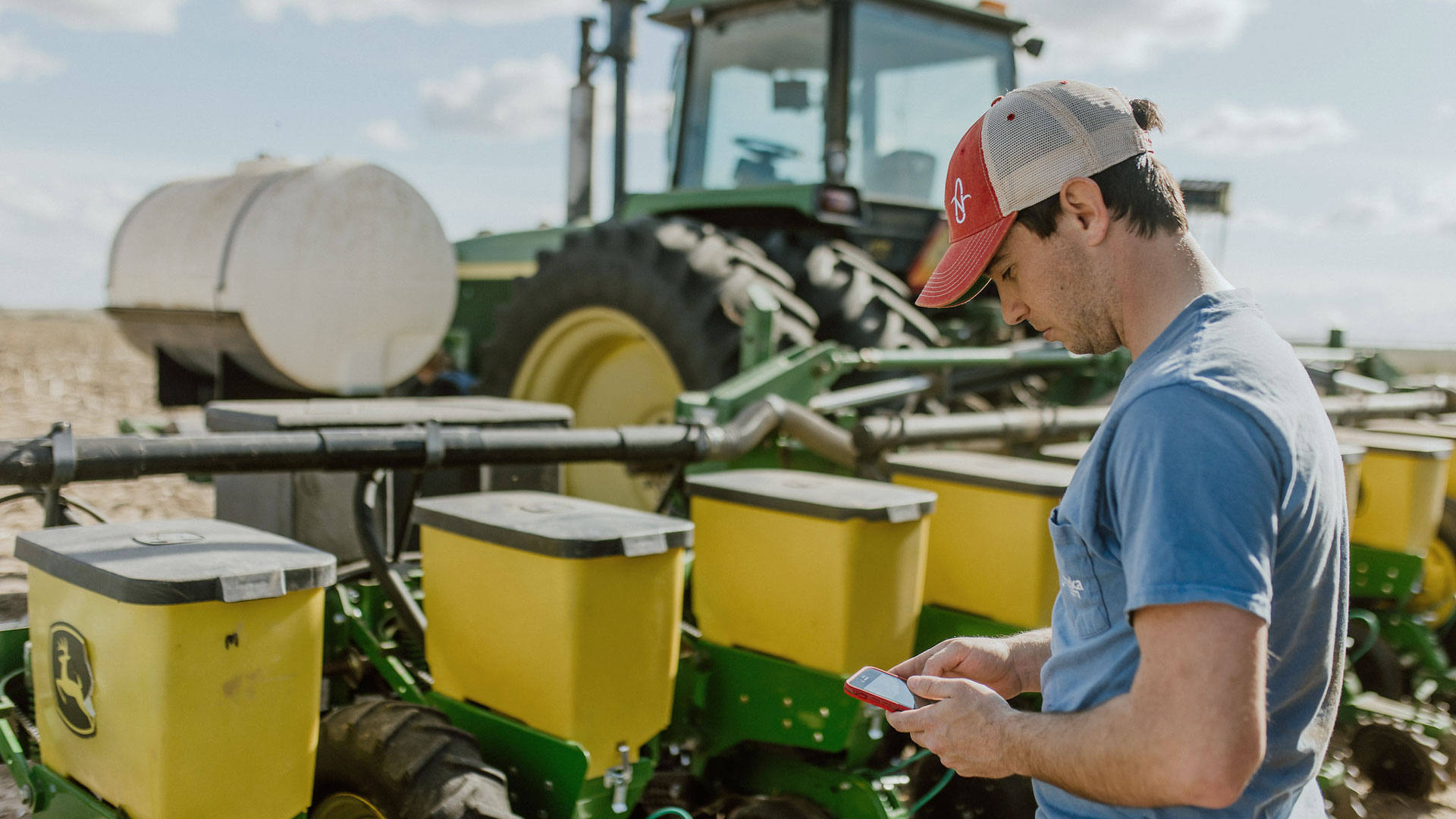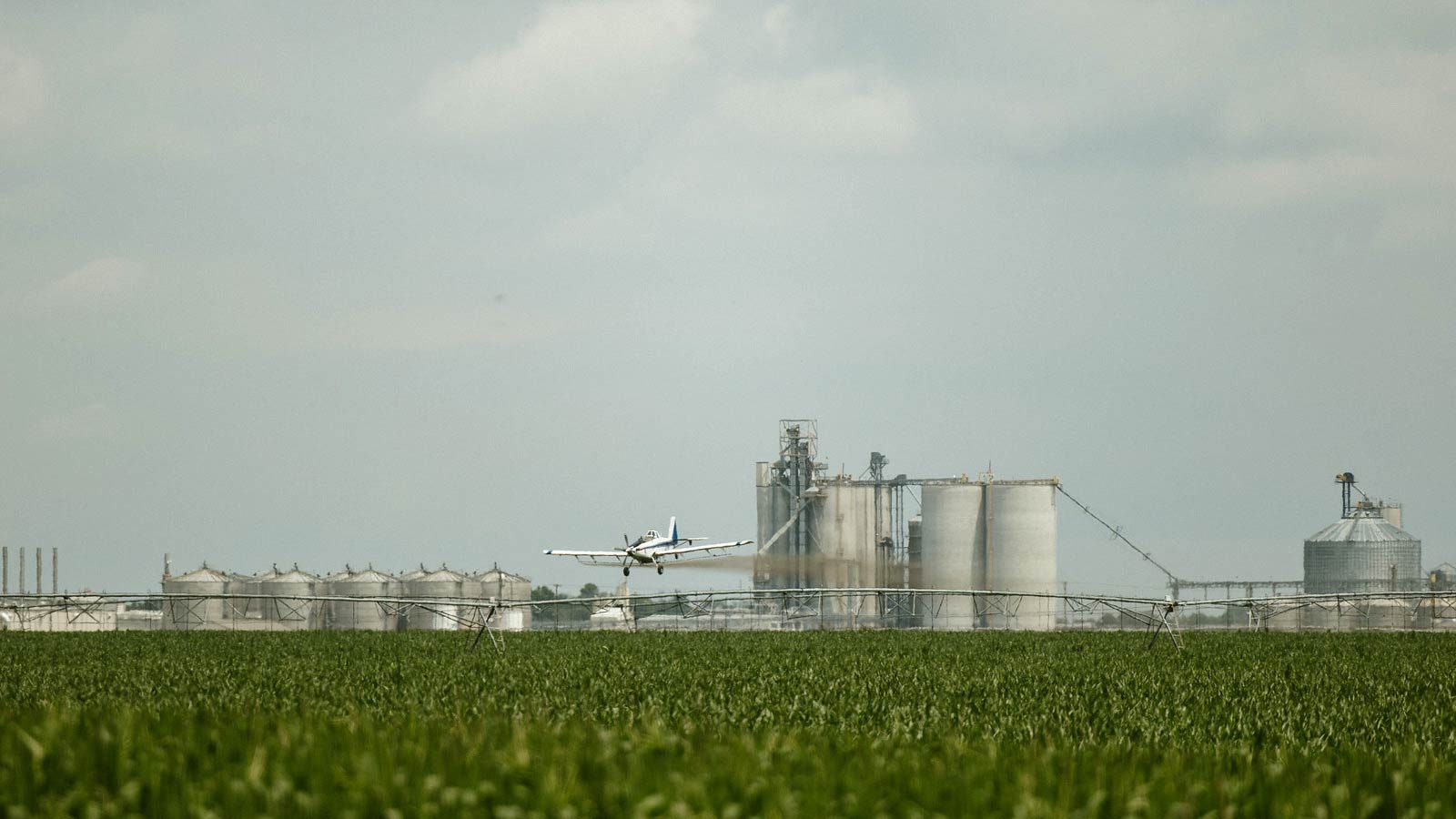When you stop at the gas station to top off your tank, how much thought do you put in to choosing the fuel that’s right for your car? For your wallet? For the environment? For the air quality in your community?
The truth is, transportation is the largest source of greenhouse gas emissions in the United States—accounting for nearly 30%.
The Importance of Prioritizing Clean Fuel
Given the economic and environmental implications of petroleum reliance, clean energy is a priority for scientists, lawmakers and citizens.
Dr. Hunter Flodman is an assistant professor of practice in the University of Nebraska-Lincoln’s Department of Chemical and Biomolecular Engineering. Clean energy is on his mind.
“Cleaner-burning fuel improves air quality, and it reduces the amount of toxic and particulate matter that comes out of the tailpipe of your vehicle,” he said.
For many families, ethanol gas blends are the easiest cleaner-burning, lower-cost fuel solution.
According to Dr. Flodman, the oxygen ethanol contains results in “complete combustion.” This translates to a reduction in toxic emissions that are harmful not only to public health, but also to the ozone layer.
Made from the starch or fiber of field corn, ethanol is a form of sustainable energy. Plus, about a third of every bushel of corn used for ethanol production returns to the livestock industry in the form of nutritious livestock feed ingredients called distillers grains and corn gluten.
Many Products Made from Corn
Today, products made from the ethanol biofuel production process can be ingredients in more than 4,000 items people use each and every day, from lip balms to fireworks!
The many ethanol co-products are just some of the surprising products made from corn. In fact, nearly everything made from petroleum can also be made from corn. The versatility of the ethanol-making process, and the beneficial products it creates in addition to ethanol, is just one example of the saying that, when it comes to what corn is used for, the answer is—just about everything!
Dr. Flodman believes that consumers need to understand the benefits of ethanol fuel blends.
“It’s important they know the environmental benefits of choosing ethanol, the health benefits for them and their families, and also the benefits to their budget of choosing a lower-cost fuel,” he said.
The Future of Ethanol and Clean Fuel
And in the next 10 years? Dr. Flodman predicts ethanol plants will be referred to as “biorefineries,” because of the wide range of products that will be invented and developed using corn.
“In a corn kernel, there are lots of valuable components,” he said. “The more you can separate and fractionate those components and produce higher value-added products from those components, the better.”




